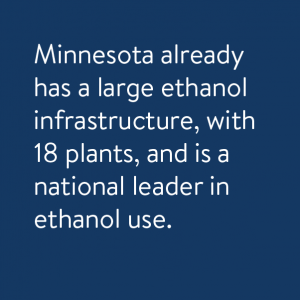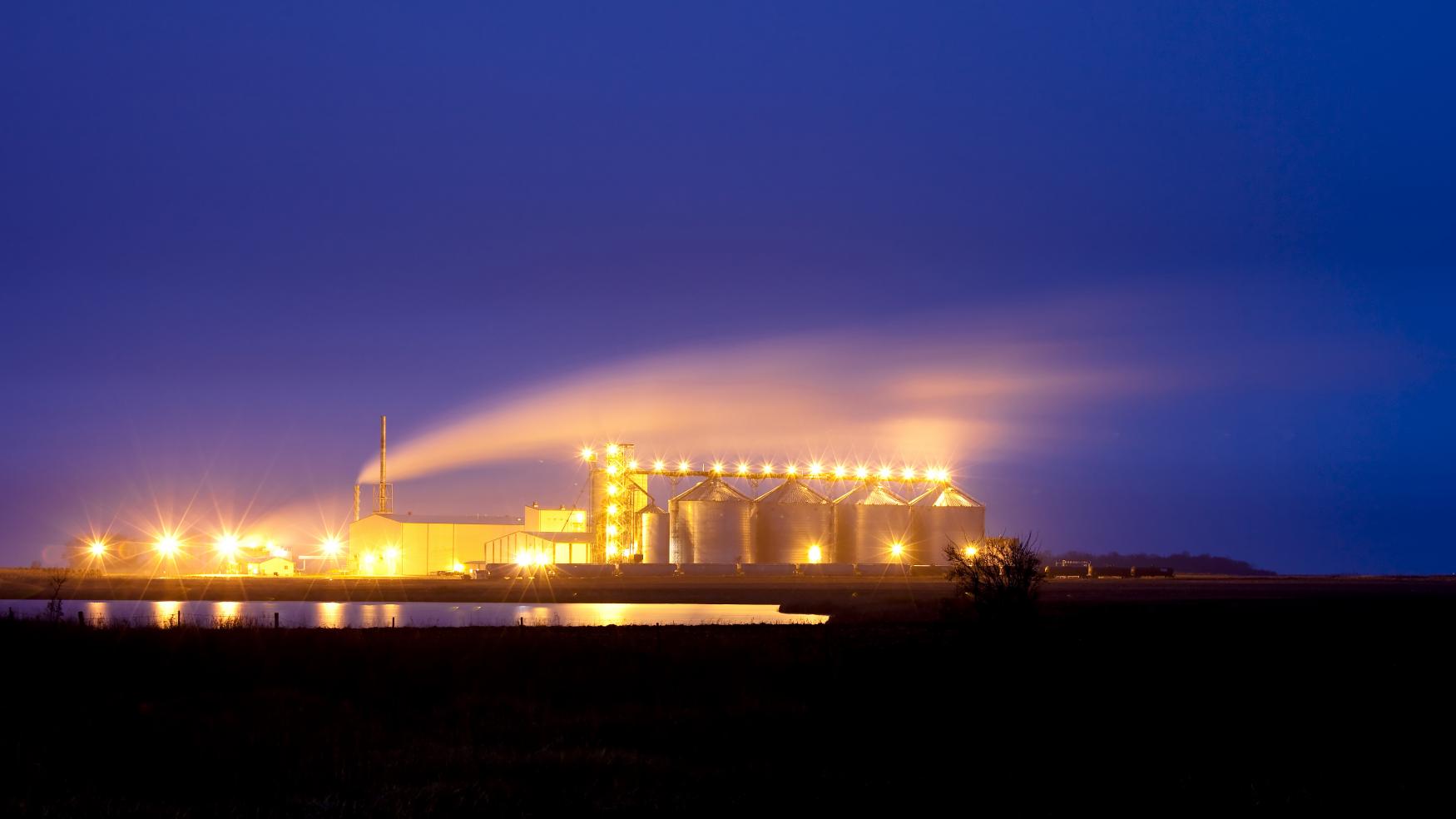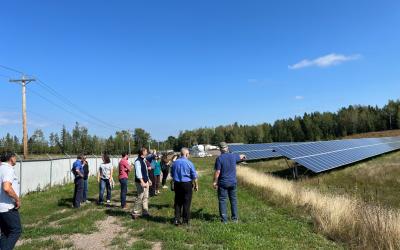Governor's Council on Biofuels focuses on sustainable alternatives to fossil fuels that help limit greenhouse gases and support our ag economy.
Gov. Tim Walz established the Governor’s Council on Biofuels in September 2019. Its purpose is to advise the governor and commissioners on how to best expand the use of biofuels and increase carbon efficiency, as part of the state's goal to reduce greenhouse gas emissions in transportation.

Minnesota is the nation's fourth-largest ethanol-producing state, with 18 operating plants. The state is also a national leader in ethanol consumption.
Among tasks that include budgeting and reporting, the council also considers policies that will:
- achieve petroleum replacement goals of 30% by 2025
- realize carbon efficiencies that move Minnesota closer to its greenhouse gas reduction goals of 30% by 2025
- advance carbon efficiency of biofuel plants and sources of biofuels feedstock
- create recommendations that consider farmers, rural communities, the natural environment, and economically disadvantaged populations as it relates to biofuels production
Walz stated, “I look forward to the Council’s guidance in our efforts to move Minnesota toward a cleaner, greener transportation sector.”
In making its recommendations, the Council must, at minimum, consider:
- Impacts to, and opportunities for, farmers, rural communities, the natural environment, and economically disadvantaged populations as it relates to biofuels production
- The feasibility and cost of increasing biofuels infrastructure throughout Minnesota
The Minnesota Department of Agriculture must submit a report based upon the recommendations of the Council by Nov. 1, 2020.
More information: Governor's Council on Biofuels (MDA)



